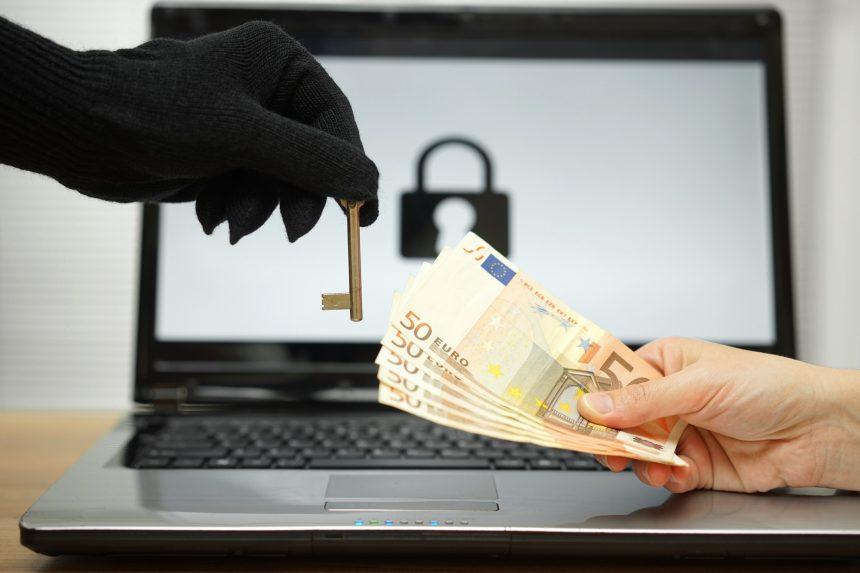The Zakolata virus has emerged as a significant concern for users worldwide. This malicious software, categorized as ransomware, poses a severe risk to both individuals and organizations by encrypting files and demanding a ransom for their release. Understanding its characteristics, actions, and consequences is crucial for safeguarding against its detrimental effects.
Actions and Consequences
Upon infiltrating a system, the Zakolata virus swiftly encrypts files using a sophisticated encryption algorithm, rendering them inaccessible to the user. Victims are then confronted with ransom demands, typically in the form of cryptocurrency, in exchange for decryption keys. Failure to comply often results in permanent loss of data, significant financial losses, and potential damage to the victim’s reputation or business operations.
Similar threats to Zakolata include other ransomware variants such as WannaCry, Ryuk, and Maze, each presenting unique challenges and risks to affected individuals and organizations.
Removal Guide
- Isolate Infected Systems: Disconnect the infected device from any network to prevent further spread of the virus.
- Backup Important Data: If possible, create backups of essential files to mitigate potential data loss during the removal process.
- Enter Safe Mode: Restart the infected device and enter Safe Mode to limit the virus’s active processes.
- Identify Malicious Processes: Use Task Manager (Ctrl + Shift + Esc) or equivalent utility to identify and terminate suspicious processes associated with the Zakolata virus.
- Delete Temporary Files: Clear temporary files and folders to eliminate any remnants of the virus.
- Registry Cleanup: Use Registry Editor (regedit) to remove malicious entries created by the virus.
- Scan for Malware: Utilize reputable antivirus or anti-malware software to perform a thorough scan of the system and remove any remaining traces of the Zakolata virus.
- Restore Encrypted Files: If available, use decryption tools provided by cybersecurity experts to restore encrypted files without paying the ransom.
Prevention Tips
- Regular Software Updates: Ensure all software, including operating systems and applications, are regularly updated to patch vulnerabilities exploited by malware like Zakolata.
- Exercise Caution with Email Attachments: Avoid opening attachments or clicking on links from unknown or suspicious sources, as they may contain malware payloads.
- Implement Security Software: Install and regularly update reputable antivirus or anti-malware software to detect and block malicious threats like Zakolata.
- Backup Data: Regularly back up important files and store them in secure, offsite locations to facilitate recovery in the event of a ransomware attack.
- Employee Training: Educate employees about the risks of malware and the importance of cybersecurity best practices, such as avoiding clicking on suspicious links or downloading unauthorized software.
By understanding the nature of the Zakolata virus, implementing robust cybersecurity measures, and following best practices for prevention and removal, individuals and organizations can effectively mitigate the risks posed by this malicious threat.





